Former President Uhuru Kenyatta’s silence on the issue of abductions in Kenya has sparked outrage and raised serious questions about his priorities.
Kenyans are asking why a former head of state, who once claimed to care about the welfare of the nation, has chosen to remain silent in the face of such a critical issue.
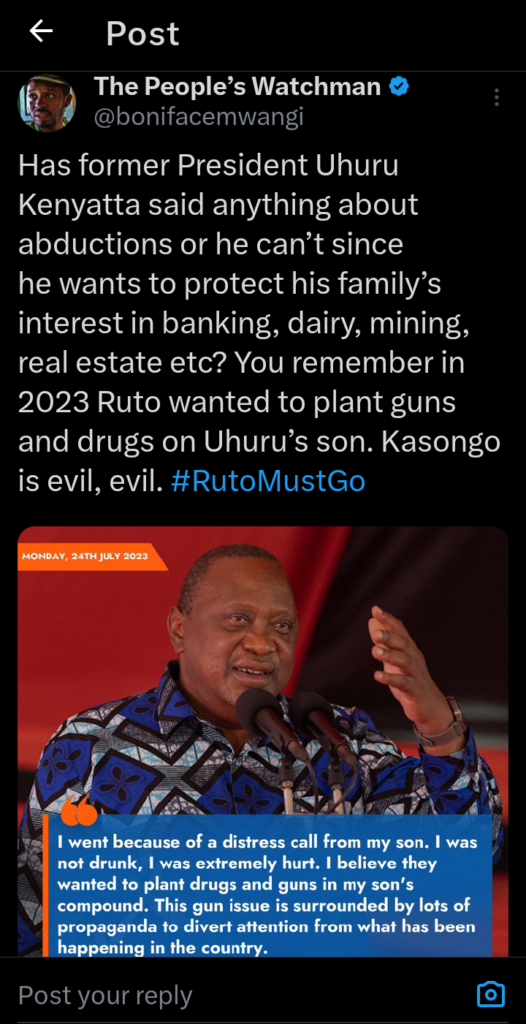
Many believe the answer lies in his vast business empire, which seems to have become more important to him than standing up for the ordinary citizens who are suffering under the current administration.
His interests in banking, dairy, mining, real estate, and other sectors appear to have taken center stage, leaving the public feeling abandoned.
In 2023, when reports emerged that President William Ruto’s government allegedly wanted to plant guns and drugs on Uhuru’s son, the former president was quick to act.

He publicly came out to call for support and rallied Kenyans to defend his family.
This showed his ability to speak out and take action when his personal or family interests were threatened.
However, this same energy has been absent when ordinary Kenyans face forced disappearances, abductions, and other injustices.
This glaring inconsistency in his reactions has led many to believe that Uhuru only cares about issues that directly affect his family and wealth.
Uhuru’s selective activism paints a picture of a man who prioritizes his personal and business interests above all else.
When his family was under threat, he broke his silence and used his influence to seek help. But when countless Kenyans cry out for justice and accountability, he remains silent.
This double standard is deeply troubling, especially for someone who once held the highest office in the country.
Kenyans expected more from him, but his lack of action has left many disillusioned.

Critics argue that Uhuru’s silence is strategic. Speaking out against abductions and other injustices might put his businesses at risk, especially since some of these enterprises thrive under favorable conditions provided by the government.
By staying silent, he avoids provoking the current administration, which could potentially target his wealth.
This selfish approach has led to widespread criticism, with many accusing him of turning his back on the people who once trusted him as their leader.
Uhuru’s failure to address such critical national issues not only tarnishes his legacy but also exposes his true priorities.
His actions suggest that he is more interested in protecting his empire than in standing up for justice and fairness.
Kenyans who once looked up to him for leadership and guidance now see him as a self-serving figure who has abandoned his moral duty.
His silence on abductions speaks volumes about where his loyalties truly lie.







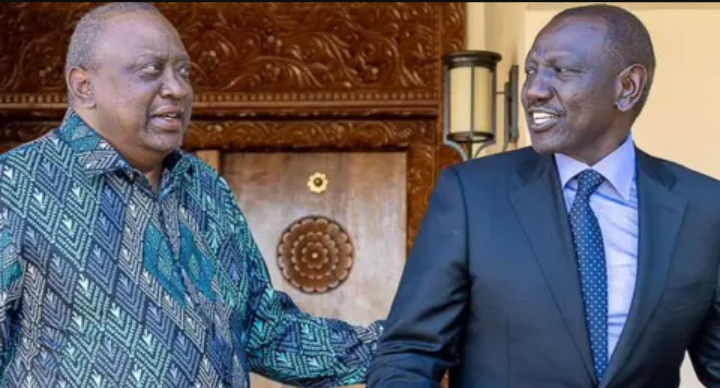
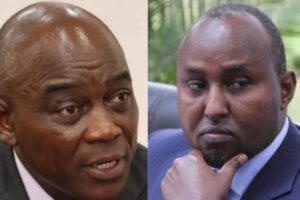
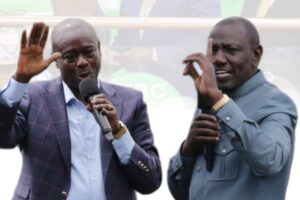

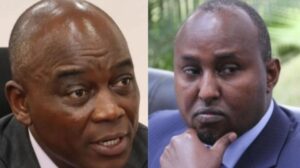
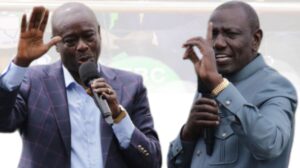








Add Comment